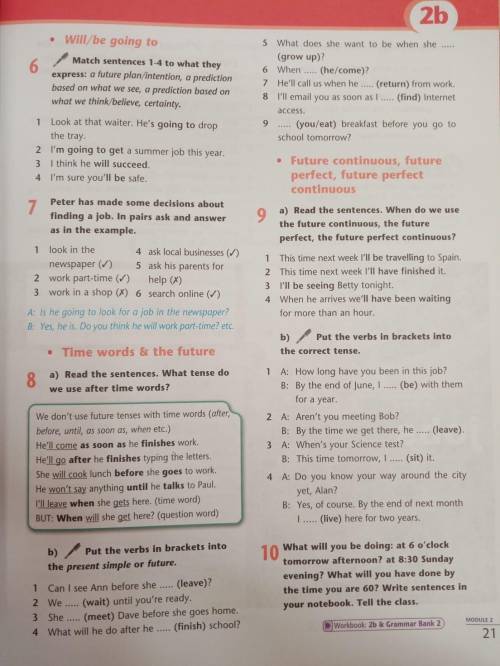

1) Much (много) употребляется перед неисчисляемыми существительными (существительные, которые мы не можем посчитать ) Например: much money, much hair, much water, much bread, much love, much work и т.д.
(много монет, много волос, много воды и т.д)
2)Many (много) употребляется перед исчисляемыми существительными во множественном числе. Например: many boys (one boy, two boys, many boys), many frogs (one frog, three frogs, many frogs), many pens (one pen, five pens, many pens).
(много мальчиков : один мальчик, два мальчика и т.д.)
Put the verbs in the brackets in the Passive Voice (mind the Tense form).
1. Normally the passengers (are shown) how to use life jackets after the take-off.
2. I (was asked) a lot of questions about my education background at a job interview.
3. The glass mirror (was invented) by the Romans.
4. People are always (impressed) by the beauty of the night city.
5. Finally salad, beefsteak and tea (are served).
6. April Fool’s Day (has been marked) for the last few years in Russia too.
7. He (is being bring up) by his parents to be a distinct man.
8. Bread (is eaten) every day.
9. The letter (was received) yesterday.
10. Nick (will be sent) to Moscow next week.
11. I (was given) a very interesting book at the library last Friday.
12. St. Petersburg (was founded) in 1703.
13. At the last competition the first prize (was won) by our team.
14. The question (was settled) as soon as they arrived.
15. Your report must (be divided) into two chapters.
16. The book (will be discussed) at the next conference.
17. The composition must (be handed) in on Wednesday.
18. Yesterday he (was told) to prepare a speech. 1
9. The article (was to be published) last week, if I am not mistaken.
20. The lectures (are attended) by all of us.
21. The rule explained by the teacher at the last lesson (was understood) by all of us.
22. I hope the invitation (will be accepted) by everybody.